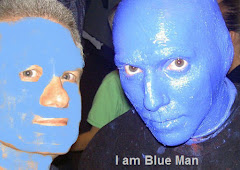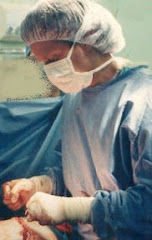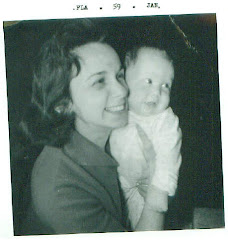I was really frightened many years ago, helping take care of my first cerebral palsy (CP) patient. There was this really grotesque looking and acting child with muscle spasms, head shakes, twitches and writing sitting in a wheel chair. I thought he would break. I thought I might break. But that was many 10's of 100's of patients ago and I've
Then I met and really hung out with a bunch of CP affected folks and their families. I really appreciate the experience and am so grateful for being able to hang with some of the most phenomenal but individually different CP folks ever. Everyone different from the next. Somewhere during the last few weeks in that experience there was a "click" of information (my anatomy, physiology and neurology) with reality. And after this intense month of talking with and experiencing these amazing young people, I now realize how diverse this group of patients is.
Cerebral palsy is considered a condition but it's really a waste basket term for everyone suffering from injury (usually some form of anoxia, low oxygen, at birth). It's more often thought of as a group of disorders that involves injury to the brain. But the problem is that the physical manifestation of the damage depends on which part of the brain and it's pathways are damaged. As a result, no two patients present the same and have differing combinations of functional deficits in movement, learning, hearing, seeing, and thinking. Each one is different.
The brain is huge and has between 10 billion to 100 billion neurons organized into cortices, pathways, areas and regions. Imagine all the different combinations of connections between those neurons and you have a number that is representative of the true nature of CP and the number of possible presentations.
So the first patient may have sight problems and motor control on the left side of his/her body. The next patient may have lower extremity problems and normal above the waist up. The next may have speech creating deficits and be unable to walk or hold a fork in the right hand but can with the left...and on, and on, and on go the variations.
But what I really learned I learned by hanging out with them and hearing their stories, successes, triumphs and fears. They are creative, fast thinking, smart for the most part with incredible senses of humor about themselves and others. They are dedicated, and grateful since they don't know what they don't have...they never had it. They are sincere, loving, hard working and diligent to find their niche in life while serving others. They really are, as one mother put it, incredible kids often trapped in bodies that just don't work. I really have been schooled...and I really am a better student, provider and person for having done so.

















































